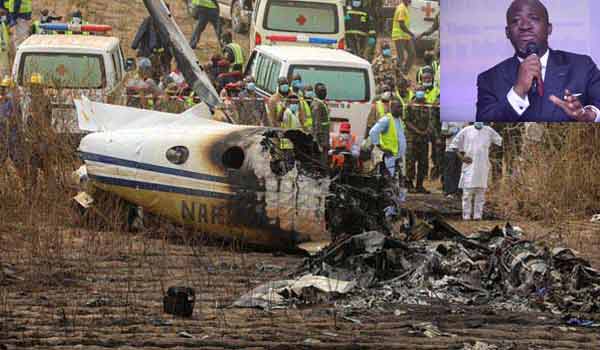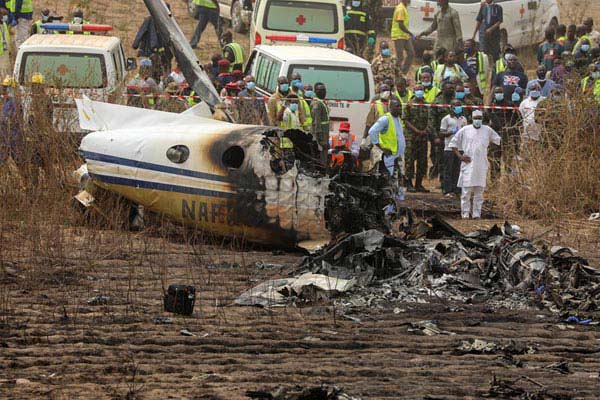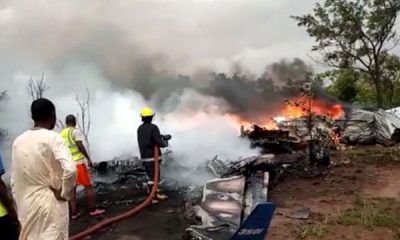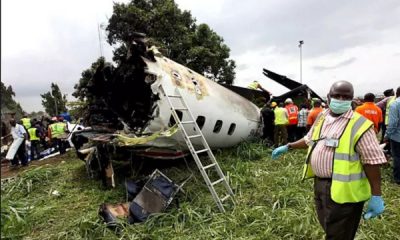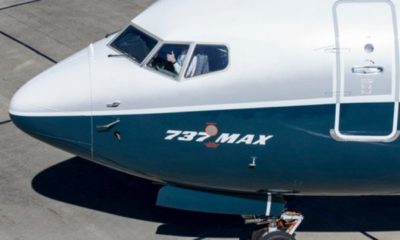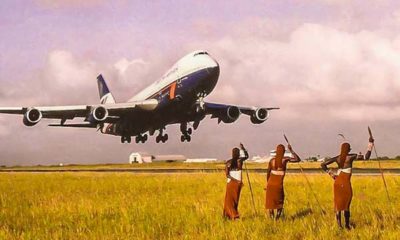News
NCAA Regulation Makes Air Accident Investigation Difficult, By AIB
-

 News1 week ago
News1 week agoNow Restored : Cristiano Ronaldo Seen Driving His $2.2M Bugatti Veyron, Three Years After Crash
-

 News1 week ago
News1 week agoChina’s GWM Begins Production At Its New Brazilian Factory Formerly Owned By Mercedes-Benz
-

 News5 days ago
News5 days agoCletus Ibeto’s N1.7b Rolls-Royce Cullinan Series II Gets ‘Gold’ Spirit of Ecstasy, ‘The Ancestors’ Number Plate
-

 Celebrities Auto1 week ago
Celebrities Auto1 week agoCheck Out Femi Otedola’s Cars In Monaco, Including $1.3m Klassen Mercedes V-Class, Rolls-Royce Phantom 8
-

 News1 week ago
News1 week agoBRABUS 700 : Brabus Turns 2025 Rolls-Royce Cullinan Series II Into A Head-tuning Masterpiece
-

 News6 days ago
News6 days agoNestoil Boss, Obi Jackson, Pulls Up In Style In Mercedes-Benz S600 Pullman Guard Limousine
-

 Concept Cars1 week ago
Concept Cars1 week agoAcura RSX Makes A Return As An Electric Coupe SUV (Prototype)
-

 Celebrities Auto6 days ago
Celebrities Auto6 days agoRapper Travis Scott Checks Out All-new $3.5 Million Lamborghini Fenomeno During Invite-only Event

